WHAT IS PROCESS OPTIMISATION?
The purpose of process optimisation is to change your business processes so that they become better than what they are today. When we do business process optimisation, we focus on increasing revenue, reducing costs, increasing employee satisfaction, and increasing customer satisfaction.
Business process optimisation can be done in all kinds of organisations, including startups, small and medium-sized enterprises (SMEs), global companies, public organisations, non-profit associations, etc. Likewise, process optimisation can be used in almost all types of business organisations, for example, production companies, service companies, e-commerce companies, or trading companies.
Process optimisation helps you achieve significant competitive advantages. We at Tiblo are experts in process optimisation and can help your company achieve noticeable results.
COMPANIES THAT USE PROCESS OPTIMISATION
Today, all major companies use process optimisation to varying degrees. Many small companies also achieve great success with process optimisation.
Some companies follow well-documented and structured optimisation frameworks, philosophies and theories (LEAN, Six Sigma, system thinking, just-in-time, business process re-engineering, theory of constraints, etc.), while others optimise their processes in a more tentative and unstructured manner. Some large companies that use process optimisation theories in a structured way include Nike, Intel, Ford, Toyota, Motorola, John Deere, and Caterpillar Inc.
Nike
Intel
Ford
Toyota
Motorola
John Deere
Caterpillar Inc.
Click here to see some of the results they have achieved using optimisation theories in a structured way.
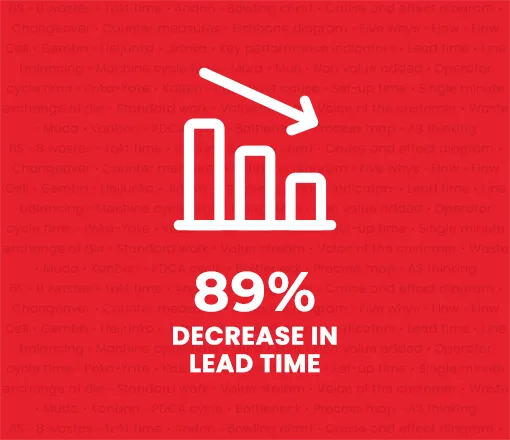
RESULTS INTEL OBTAINED USING LEAN

‘Five years ago, it took us 14 weeks to introduce a new chip to our factory; now, it takes ten days. We were the first Intel factory to achieve these times using Lean principles.’
- Joe Foley, factory manager at Intel Fab Operations in Leixlip, Ireland (Source: manufacturingglobal.com).
OUR INSPIRATION AND HEROES

Our experts have strong academic backgrounds and several years of experience in process optimisation.
Leading process optimisation theories and theorists inspire us. Below is a short listing of the theories and theorists that inform our work.
Lean
Lean was invented at Toyota in the 1930s. It is the most widely used optimisation philosophy globally. Read more about lean here.
Six Sigma
Six Sigma is one of the most widely used process optimisation theories globally. It was invented by Motorola in 1986. Learn more about Six Sigma here.
Dr Deming
Dr W. Edwards Deming has written several bestselling books and is considered by many to be the greatest quality guru of all time. Read more about his theories here.
Eliyahu Goldratt
Eliyahu M. Goldratt invented the theory of constraints (bottleneck theory) and has written many bestselling books. Read more about his theories here.
John Seddon
John Seddon has several bestselling books to his name. Among other things, he is an expert in optimising companies that sell services. He has invented the Vanguard Method, which is used to optimise service organisations. Read more about Seddon’s theories here.
PROCESS OPTIMISATION THEORIES EXPLAINED IN VIDEO FORMAT
Some of our clients face difficulties understanding process optimisation. We know that it can be easier to understand a complicated message if it is explained visually. Therefore, we have collected five short films which explain process optimisation through different approaches and means. We are confident that you will gain a good understanding of this subject after watching these movies.

WHAT IS A UIPATH SOFTWARE ROBOT?
0.00 / 2:38
0.00 / 2:38
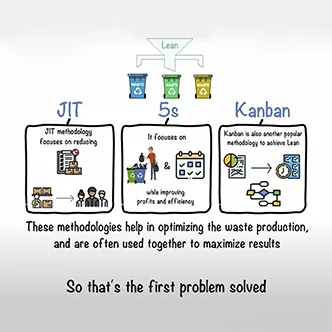
WHAT IS RPA?
0.00 / 2:19
0.00 / 2:19
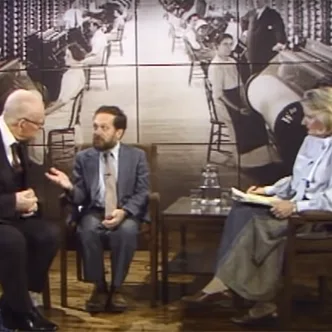
RPA EXPLAINED IN 5 MINUTES
0.00 / 5:34
0.00 / 5:34
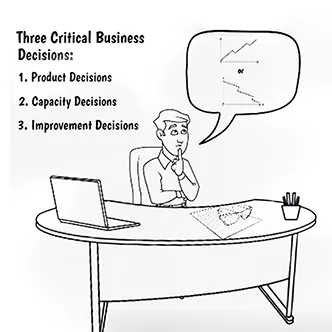
WHAT IS A UIPATH SOFTWARE ROBOT?
0.00 / 2:38
0.00 / 2:38
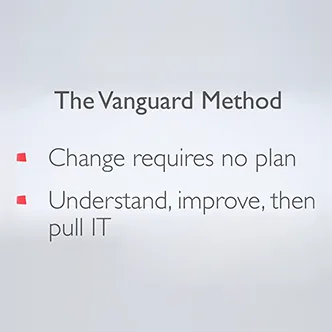
WHAT IS A UIPATH SOFTWARE ROBOT?
0.00 / 2:38
0.00 / 2:38

WHAT IS A UIPATH SOFTWARE ROBOT?
0.00 / 2:38
0.00 / 2:38
OUR APPROACH TO PROCESS OPTIMISATION
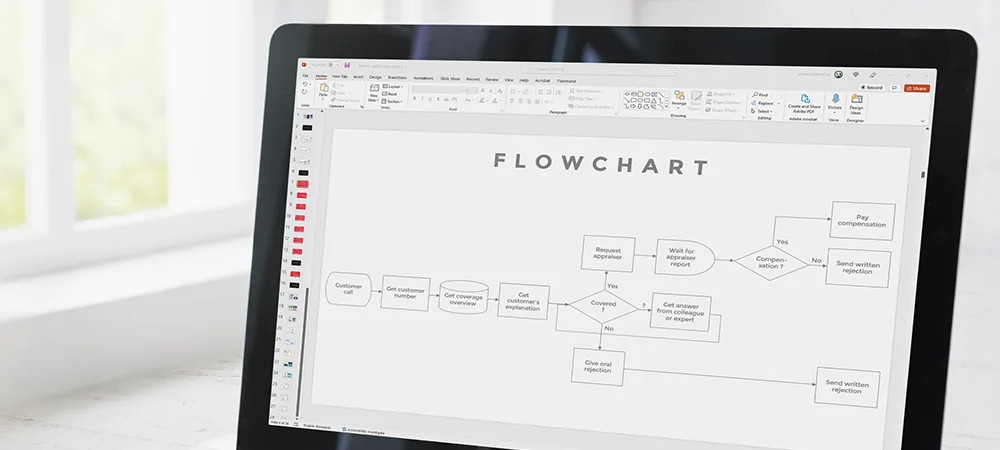
As we see it, there are four basic parameters in business process optimisation: revenue, costs, customer satisfaction, and employee satisfaction. When we improve companies through process optimisation, our work is focused on improving one of these basic parameters. However, if possible, we often try to optimise all four parameters simultaneously. In other words, we try to:
When we change business processes, your company becomes more competitive. While working on your process optimisation project, we give you recommendations for what you can do to improve your processes. This may include:
We have a holistic approach to improvements because, in our opinion, all the sub-elements of an organisation impact each other. Therefore, we will tell you all the things you can do to achieve improvement. Tiblo is a digital agency, and our main competencies are digital products. We will, therefore, primarily focus on optimising your business processes through digital solutions. This can include changing your existing software, purchasing or developing new software, changing how you use existing software, buying new hardware that runs your software (computers, tablets, servers, smartphones, etc.), etc.
All improvement measures we suggest will be listed and explained in the analyses document we prepare for you. We know from experience that success in utilising digital products often requires a cultural change in an organisation. We have experience in training companies for cultural change, and it will also be a focus area for us when we optimise processes in your company.
OUR METHODOLOGY
The methodology we use to perform process optimisation depends on your specific problem. But, often, our general approach follows the structure below.
Analysis
Our first step is to analyse the processes you want to change. For this, we use tools such as waste analysis, value stream map, swim lane map, interviews, questionnaires, failure/value demand analysis, bottleneck analysis, time studies, OEE calculations, causal analysis (Ishikawa diagram), analysis of measurement systems, culture analysis, organisational analysis, etc.
Through the analysis, we obtain an understanding of the root causes of the problems. During this phase, we also work out the solutions to the problems.
Plan
In this phase, we describe the root causes of your problems and the measures you can take to solve them. We also perform a cost-benefit analysis for each solution. This gives you an overview of what it costs to improve the process and the benefits you will gain from it. The gains will be tangible: employees saving 50% of the time they currently spend in a process (which leads to lower costs), a reduction in lead times in production/service delivery (a happier customer, because she gets what she has requested faster), scaling up of the quality of service that the customer receives, fewer errors in your internal data, better ways of measuring KPIs, etc.
We submit all these proposals in a simple, easy-to-understand report. Then you can choose the improvement measures you like. This phase is called ‘plan’ because you plan and prioritise the improvement proposals you want to implement.
Implementation
In this phase, we implement the improvements/solutions chosen by you. We work in close collaboration with you and your employees during this phase.
The execution of this phase is based on the concrete things you want to implement. The phase can, among other things, require that employees and management be trained in new ways of doing things. We do this activity based on a time-tested technique: Train the Trainer method.
Retention
This phase focuses on consolidating the gains achieved through previously implemented proposals that will by then have become a natural part of your everyday life. We also focus on creating a culture that continuously improves your business.
Here we use techniques, tools, and theories such as Kaizen, culture change theory, behaviour design theory, etc.
HOW WILL A PROCESS OPTIMISATION PROJECT LOOK LIKE IN YOUR COMPANY?
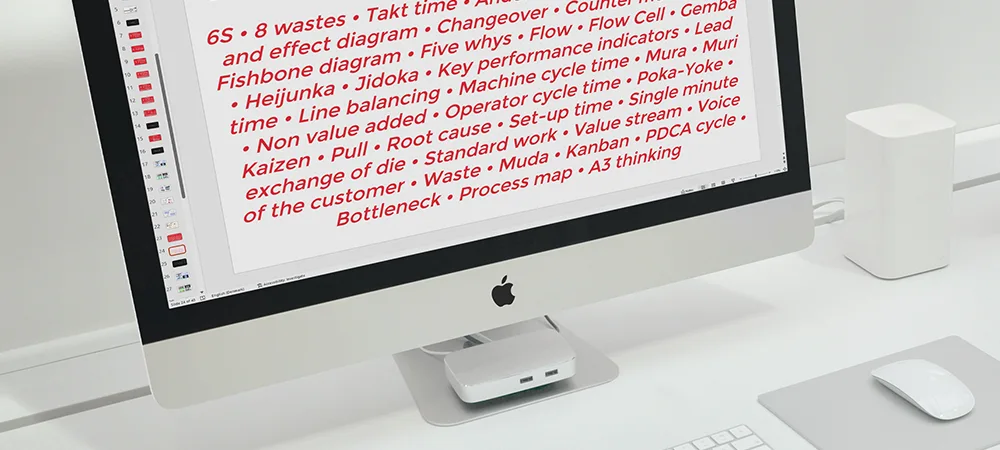
At Tiblo, we do not have any preconceived templates for process optimisation. We accept the dynamic character of the business environment and are sensitive to the fact that the senior management in any organisation operates under numerous constraints. We, therefore, believe that the senior management should be the sole agency deciding the scope of any process optimisation project. If you seek a holistic analysis of your entire business, we provide comprehensive support. If you are interested in evaluating some specific process, we are equally interested in handling it. The part and the whole, both interest us as opportunities for new learning.
In a similar vein, we are ready to support you through all four phases (analysis, planning, implementation, and retention) of the business optimisation process or through any specific phase. For example, if you would like to restrict our support to the analysis phase and do the rest yourself, we will work diligently to provide the best insights. The scope of work decision is entirely yours. Whatever the scope, you will gain a competitive advantage.
OUR COMPETENCIES
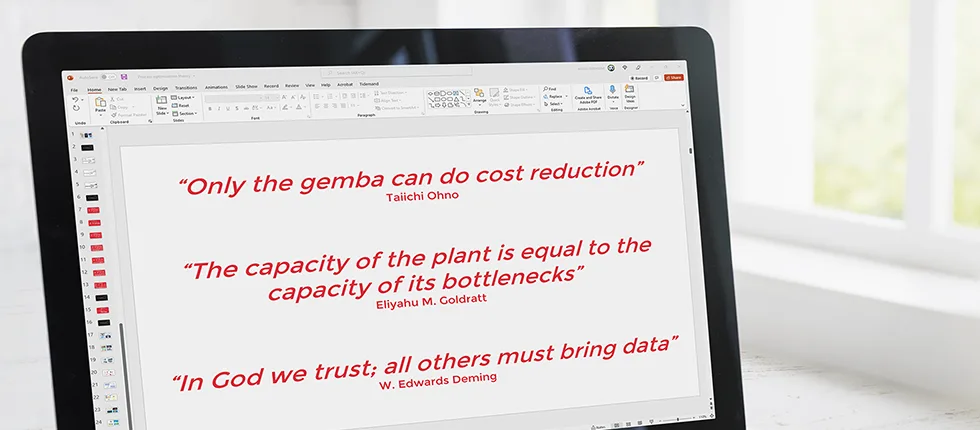
Our process optimisation experts have strong academic backgrounds and several years of practical experience in the field. Tiblo’s CEO is a person who has primarily worked on process optimisation while he was studying for his master’s degree in production engineering. After that, he worked as a practising consultant in the field. He has developed a deep understanding of how these theories have been implemented in some of Denmark's largest companies and prominent international organisations. Over the last 15 years, he has attained a good amount of theoretical and practical knowledge about process optimisation.
Our company, Tiblo, is a product of our knowledge in this field. It is considered business common sense that high-quality products are expensive and require time for development. Tiblo’s founders decided to challenge this notion. We studied our digital-product workflows and applied our process optimisation knowledge. We innovated and successfully created an unconventional company that delivers high-quality digital products at low rates, in short times. If we can do it, you can also do it.
We are ready to use our theoretical knowledge and multifaceted experience in any process optimisation project in your company.
PRICING
MAX 50 GBP PER HOUR BUT OFTEN SIGNIFICANTLY CHEAPER
We prefer to provide a fixed price for your process optimisation project. That way, you know the exact cost of the project right at the start itself. However, it is only possible to calculate the amount after we know what you have in mind. You may be interested in an overall evaluation of your company, or your concerns can be specific processes that need improving.
If you require process optimisation work done at hourly rates, it costs a maximum of 50 GBP per hour. The hourly rate falls with an increase in the number of hours purchased. 90% of our clients buy fixed-price projects and, in practice, obtain hourly rates that are significantly below 50 GBP per hour.
The mentioned hourly rates apply to all our experts irrespective of their seniority level or domain (project managers, team leads, senior process optimisation consultant, etc.).
Our prices are significantly lower than many other UK agencies and consulting firms that do process optimisation work. This is, of course, without compromising on quality. You may be wondering how we can offer process optimisation work of high quality at such low prices. The answer lies in The Tiblo Model.
FREE CONSULTATION
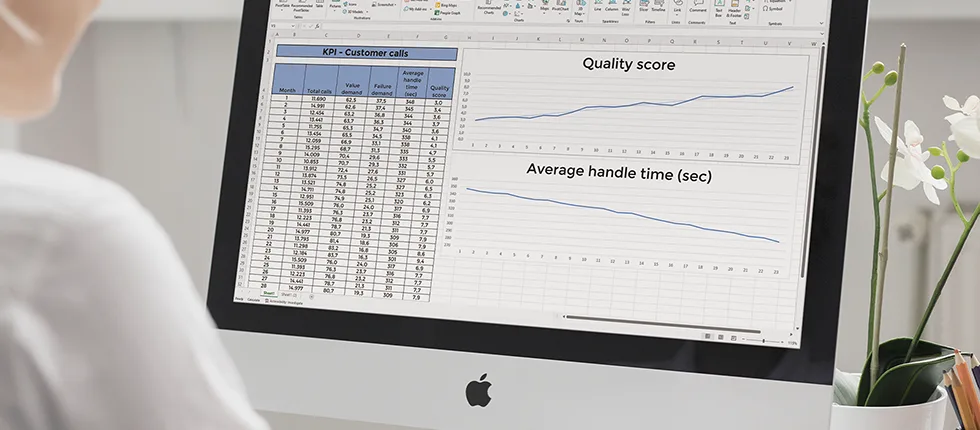
We would be glad to invite you to meetings where we can share our knowledge and learnings about business process optimisation. You can decide the subject for our meetings. We will offer valuable advice regardless of the stage: you are thinking of beginning the process optimisation project, you have already embarked on a process optimisation project, you have started the implementation of improvement proposals, etc.
The meetings are 100% free and non-binding. You are in no way obliged to buy anything from Tiblo after these meetings.
TESTIMONIALS
Read small excerpts of what companies and individuals have said about their collaboration with us.
Tiblo developed our bespoke loyalty app. Customers can use the app to gain benefits when shopping in one of our 700 physical stores in Europe. Tiblo has functioned as a close and valuable sparring partner throughout the process, maintaining constant support from the idea stage till the app launch and beyond. The cooperation with Tiblo has been satisfyingly productive. We are delighted with the high quality of work delivered promptly and at a fair price.
Allan Svinth
Director and CFO

Danske Idræt
Danske Idræt is an independent sports association for employees of Danske Bank in Denmark, with approximately 2,000 members. We needed a new digital platform (mobile app and administration module) to offer our association members a better experience and, at the same time, to simplify the administrative work for our volunteers. Tiblo has been a competent partner while working with us on this new digital platform. Tiblo understood our requirements and took the time needed to understand our organization and pains. We are delighted with the collaboration and the high quality work, offered at a good price.
Christina Jørgensen
Vice-chairwoman

*The picture of Christina Jørgensen is a dummy. The correct picture will be uploaded soon.


